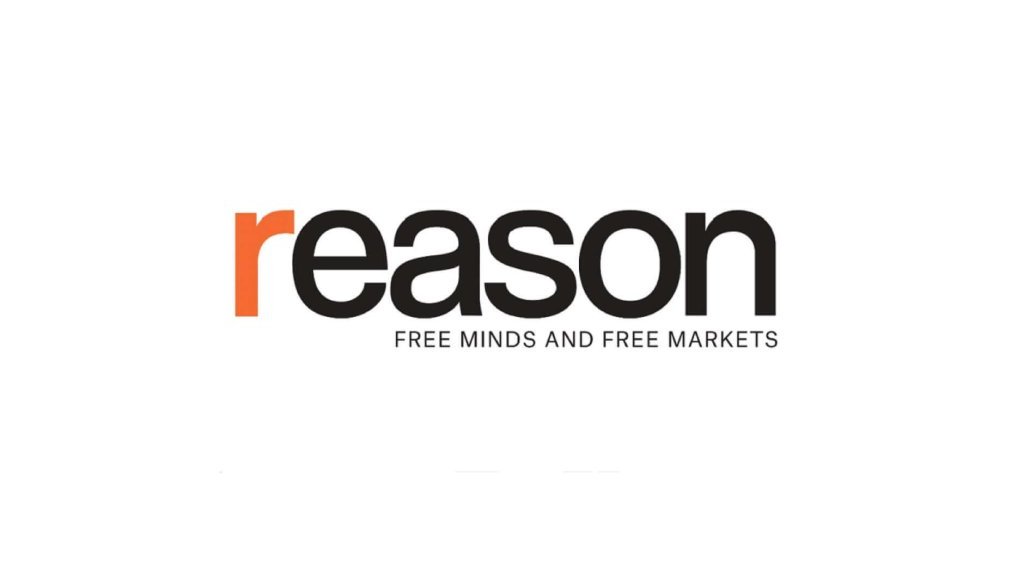A Look Back at the Panic Over Big Money in Politics
Big Money Unleashed: The Campaign to Deregulate Election Spending, by Ann Southworth, University of Chicago Press, 336 pages, $32.50
A decade ago, it passed for common wisdom that the Republican Party and maybe the Democrats too were captives of a wealthy donor base that could lock up electoral results by burying rivals in campaign spending.
It all seems long ago. As populist energies surged through U.S. politics following the rise of Donald Trump, Big Money’s power has come to seem overrated, to say the least. Corporate America preferred almost any random Republican off the street to Trump, which made no difference. Democrats, who’d been doing well with business donors for years, have outraised and outspent Trump by a wide margin each time, and that didn’t seem to matter much either. Even so-called dark money, a category in which the Democrats surged ahead in the 2018 and 2020 cycles, seems to have lost its magical powers.
For years, reformers had been arranging the rules in ways that benefited candidates who could marshal small donations and what is called earned media, as opposed to paid advertising. As it happened, Trump excelled at both these skills. So did others: On Capitol Hill, Republican and Democratic grandees alike were toppled in primaries by unknown challengers with scant funding but a more militant ideological tone and savvy social media skills. That’s what happened in the 2018 New York primary where little-known challenger Alexandria Ocasio–Cortez handily beat Democratic House Caucus chair Joe Crowley after being outspent 18 to 1 ($1.5 million to $83,000).
Perhaps I’m being too bold in saying that the panic over money in politics is now dead. But if you want to revisit that controversy from a point at which it was very much alive, Ann Southworth’s Big Money Unleashed is a reasonably illuminating new book. It offers insight into what veteran campaign finance lawyers were thinking as they looked back a few years after the Supreme Court’s 2010 case of Citizens United v. Federal Election Commission.
In Citizens United, the high court laid out a clear and straightforward application of the First Amendment: You are entitled to speak your mind at your own expense about political candidates, so long as your speech is not a quid pro quo trade of favors. What’s more, that liberty applies to associations and businesses, not just individuals.
Then-President Barack Obama declared that the decision “strikes at our democracy itself.” Misconceptions were launched about the origins of legal personhood for corporations that continue to be spread to this day. Whole organizations were founded with names like End Citizens United.
From this book’s title, I was braced for another diatribe about The Case That Ruined Everything. Happily, that isn’t what I found. In the aftermath of the decision, Southworth, a law professor at the University of California, Irvine, decided to interview dozens of lawyers on the front
Article from Latest

The Reason Magazine website is a go-to destination for libertarians seeking cogent analysis, investigative reporting, and thought-provoking commentary. Championing the principles of individual freedom, limited government, and free markets, the site offers a diverse range of articles, videos, and podcasts that challenge conventional wisdom and advocate for libertarian solutions. Whether you’re interested in politics, culture, or technology, Reason provides a unique lens that prioritizes liberty and rational discourse. It’s an essential resource for those who value critical thinking and nuanced debate in the pursuit of a freer society.




